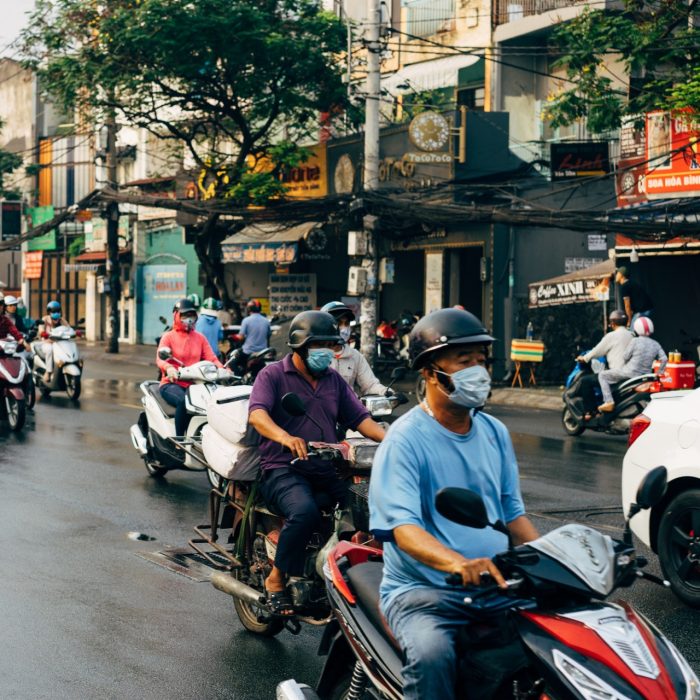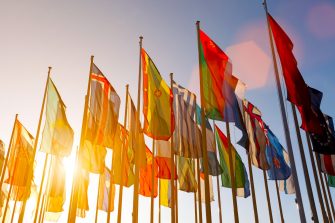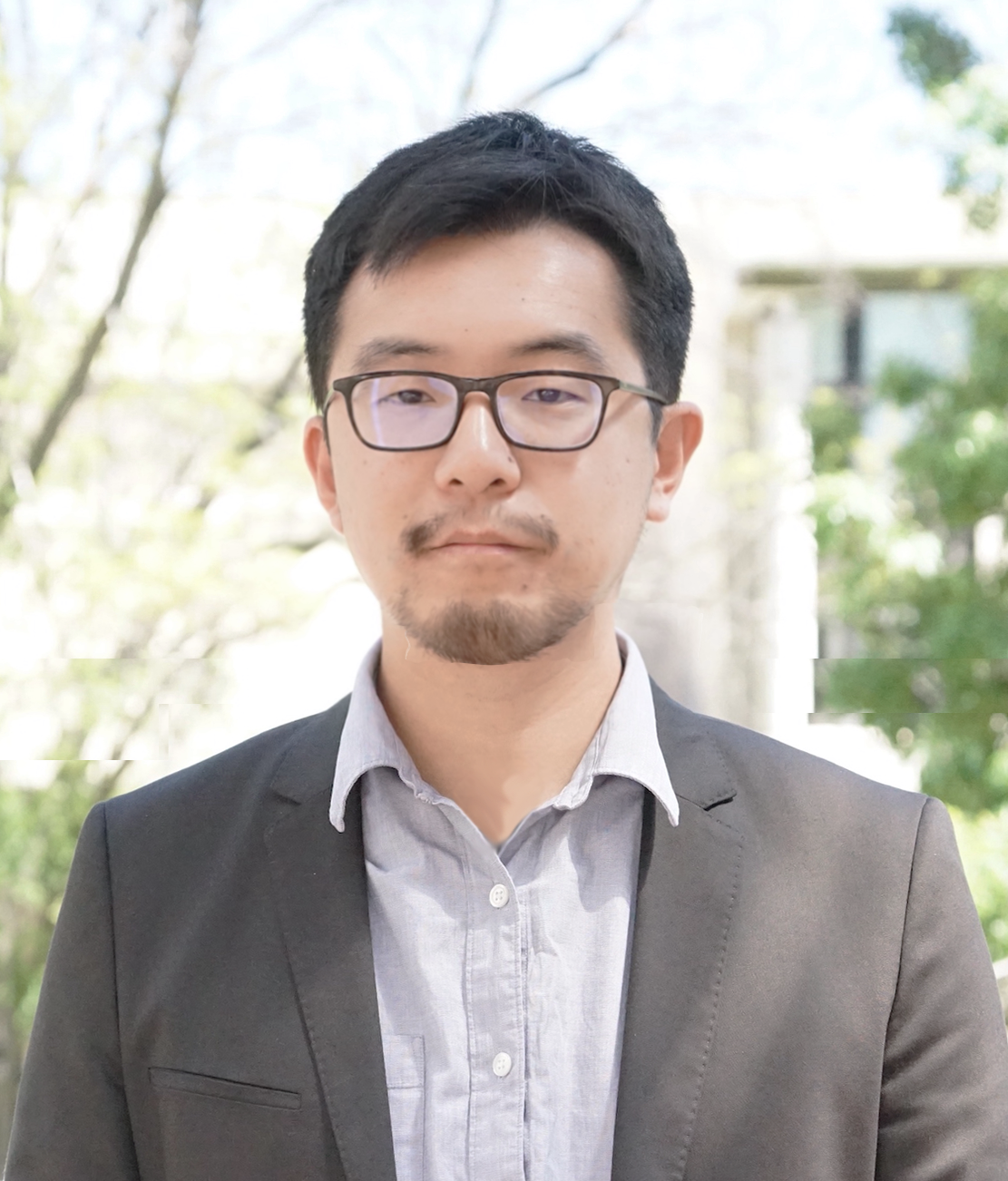Asia-Pacific Development & Security

Exploring our corner of the world
The Asia Pacific Development & Security Research Group are experts working on current significant socio-political changes affecting the Asia-Pacific region. Our researchers explore topics including gender, religion and development, as well as regional security issues, through interdisciplinary approaches including anthropology, development studies, history, political science and social policy.
Our group shares a broad research agenda with the UNSW Institute for Global Development (IGD), which aims to deliver on the UN Sustainable Development Goals.
The Asia Pacific Development and Security Research Group is led by Associate Professor Minako Sakai.
Research themes
Publications
-
- Gambia vs Myanmar: The Last Best Hope for the Rohingya? – Dr Morten Pedersen
- The Roots of the Rohingya Refugee Crisis – Dr Morten Pedersen
- Narratives of Muslim Womanhood and Women’s Agency – Minako Sakai and Samina Yasmeen
- Disaster Relief in Asia Pacific: Agency and Resilience – Edited by Minako Sakai, Edwin Jurriëns, Jian Zhang, Alec Thornton
- Climate Change and the UN Security Council – Edited by Shirley V. Scott and Charlotte Ku
- Uranium – Anthony Burke
International Law in the Era of Climate Change – Edited by Rosemary Rayfuse and Shirley V. Scott




























